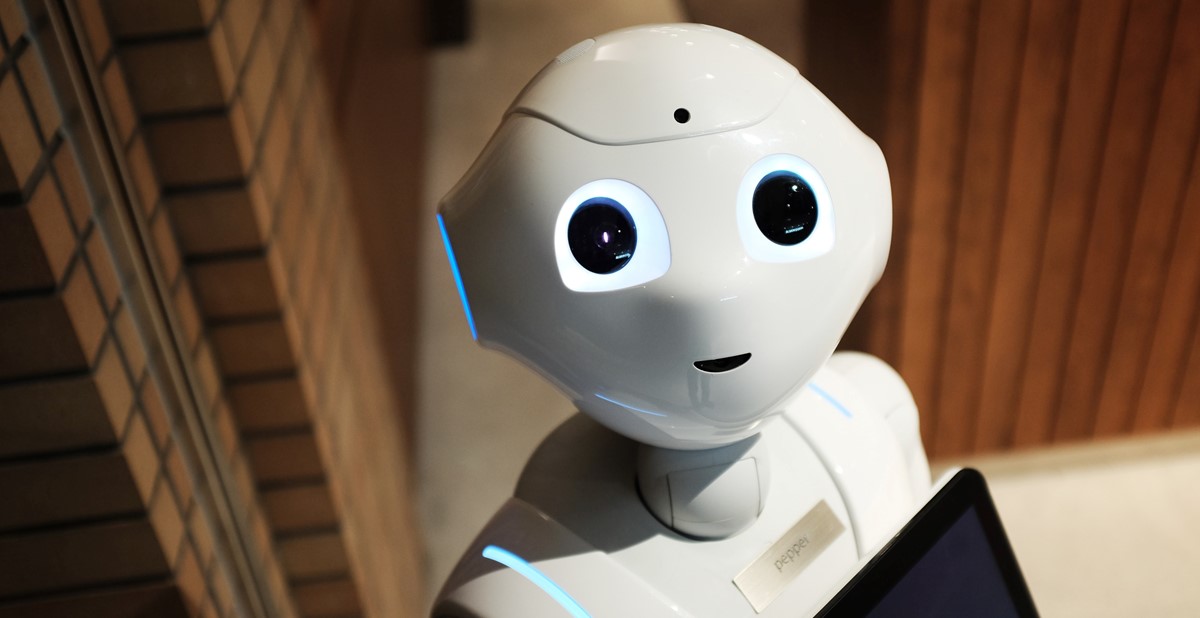Tech Talk: Robots Deliver Medical Supplies To California Hospitals

Shelter-in-place mandates in California this spring forced self-driving car companies to temporarily close their operations. However, Nuro, a Mountain View, California-based robotics startup founded by two former Google engineers, retrofitted its operations to instead use its self-driving robots to transport essentials to two local health-care facilities. Before the pandemic, the company focused on grocery and food delivery in Arizona and Texas.
Using its R2 prototype vehicles, which are lightweight, electronic and driverless, the company brought essential items, including food, personal protective equipment, clean bedding and other suppliers to frontline workers at the Event Center in San Mateo and the Sleep Train Arena, both of which were converted into health-care facilities to manage the influx of COVID-19 patients. The robots were initially designed to be loaded and unloaded by human workers, but to make the process free of any physical contact, Nuro made it possible for workers to give a thumbs-up to the robot’s camera, signifying to a company operator to remotely open its doors. Both robots are legally permitted to drive on roadways, and were programmed to drive on private roads to lower the likelihood of unexpected problems. And although they are able to travel at speeds of up to 25 miles per hour, the robots were programmed to travel five miles per hour outdoors and 2.5 miles per hour indoors.
Although the leaders behind Nuro have stated that self-driving robots will not resolve the challenges caused by coronavirus, it will certainly help to relieve some aspects of it. By using these robots at the two facilities, there was less of a need for health-care workers to travel back and forth between facilities, and for outside workers to physically transport the goods, further reducing the chances of spreading or contracting the virus.
–––––––––––––––––––––––––––––––––––––––––––––––––––––––––––
Danielle Renda is associate editor of PPB.

